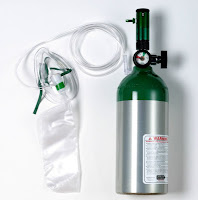SHC has been publishing some great content on the subject of sleep breathing disorders going back as far as last August.
Please scroll down to this custom archive of 12 previous posts to find links related to apneas, snoring and upper airway resistance issues of special interest to you and your loved ones.
August 31, 2014
Guest Post || CPAP Care and Maintenance with Rui de Sousa, RPSGT, RST, B.Sc
September 3, 2014
CPAP Central || Is CPAP therapy covered by insurance?
September 17, 2014
INSOMNIA CENTRAL|| Do you have insomnia... or do you have sleep apnea?
September 20, 2014
Guest Post || Edward Grandi on Sleep Apnea: What is it and what can I do about it?
September 26, 2014
ABCs of Sleep || A is for Apnea
September 30, 2014
New Technologies || Inspire to stimulate your airway
October 16, 2014
Sleep in the Media: Video || Suspect your snoring sleep partner might have apnea? Check these five signs
October 18, 2014
CPAP Central || A Season for Masks: Smaller Might Be Better
December 28, 2014
ABCs of Sleep || C is for CPAP
February 7, 2015
ABCs of Sleep || D is for DME
February 13, 2015
Alternatives || Therapies for Sleep Apnea that don't involve a mask
March 18, 2015
Insomnia || Be on the lookout for insomnia's secret cousin: untreated OSA


